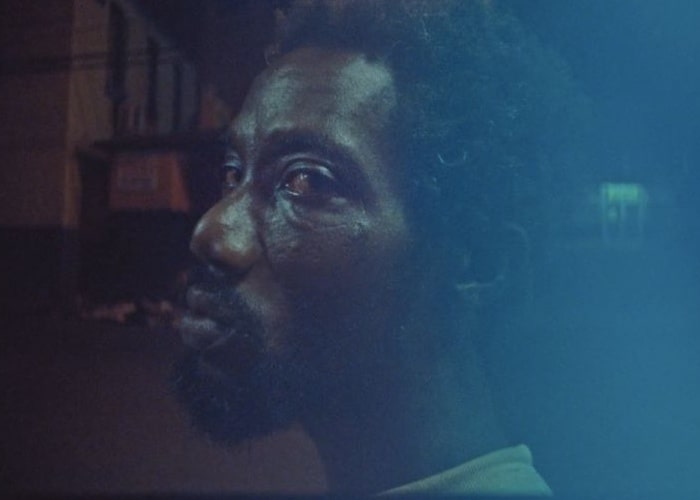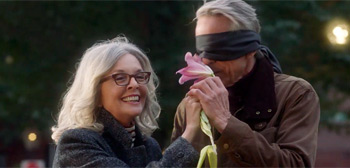What Makes a Good Movie Musical?
In my experience, musicals are polarizing. Part character study, part spectacle, not always much in the way of plot — it takes a certain type. Movie adaptations of musicals are even more extreme. They bring the show to a larger audience in a more accessible format but often do so in a way that positively alienates original fans. So are movie musicals doomed? Not at all. In fact, adaptations of theater musicals can be done gracefully and even spectacularly. But there are many common shortcomings which we would do well as a society to cast off.
A Specific Grievance
Recently, we’ve been subjected to… well… one movie musical that has managed to alienate newcomers and long-time fans alike. Tragically, it even puts its audience off of the source material, which it didn’t respect to say the least (and flagrantly bastardized to say more).
I refer to, of course, Valley Girl (2020).
Just kidding, and my apologies to Valley Girl for even the most shorthanded comparison to the following. We are of course discussing the monstrosity that was Cats, released the winter before COVID-19 and somehow still a vivid immediate memory for me despite my (coerced) one-time viewing.
Cats has received its fair share of collective horror, and not just because of how it treated its source material. However, I am one of the unfortunate few with a deep dedication to the original Cats (notably: 1998), and thus for my purposes, we will disregard, for example, the nightmare-defying CGI, confused proportions, and overall creepiness of the 2019 film. (I’m sorry for what they did to you, Mr. Mistoffelees.)
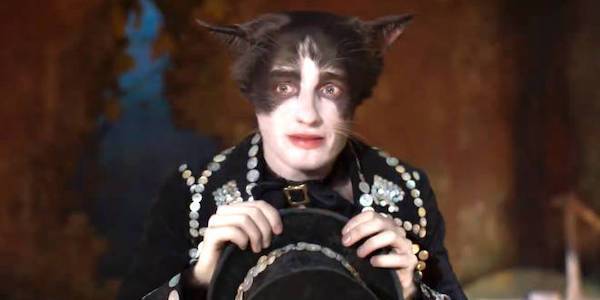
Instead, I am obliged to discuss how gravely Cats (2019) misunderstands its source material. The Broadway musical is a character-driven, nearly plotless romp that revels in song and dance and not much else. The 2019 spree tried to make it into what seemed to be an attempt at both a more serious drama and a slapstick comedy. As we all witnessed, it did not work.
A Larger Problem
Cats, though particularly egregious, is not alone in representing its original material unfavorably. In fact, it is quite tricky to adapt from Broadway to film. Broadway shows are meant to be viewed physically from much farther away, for one thing, while films shine in the close-up. Theater is often campy, with inherently large doses of suspended disbelief, while films (especially modern films) tend to be gritty and grounded.
Some of the most laughable adaptations have a hard time reconciling these qualities. The Phantom of the Opera (2005) is selectively spectacular, using grandiose sets and costumes especially for the ballroom scenes. However, it also has characters oddly speak some lines that are meant to be sung, and adds a sword fight, presumably in pursuit of some sense of realism. It tries to be part-action movie, part-musical, and apparently, part-fever dream.
Instead of sticking to a style or theme, a strange juxtaposition between realism and fantasy attempts to cover up Phantom‘s unsureness about what it wants to be. Of course, poor execution on top of this isn’t helpful either.
The Non-Negotiables
One aspect that cannot be compromised in a musical adaptation is — intuitively — the quality of one’s singers. The 2005 Phantom falls flat here, using less-trained leads for one of the most complex and notoriously difficult Broadway shows of all time. Cats also falls prey to this, using a few pop artists (though they’re fairly good compared to the rest of the cast) and untrained comedians instead of the specially trained talent necessitated by the simple musical.
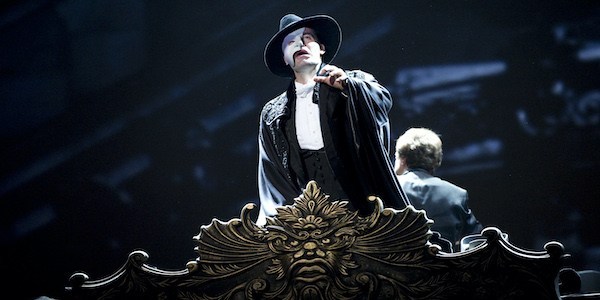
The opposite of this, pleasantly, leads us to the first type of musical “adaptation,” and the most faithful. Productions in this category rarely have problems with talent or misunderstanding the material. For example, a different Phantom of the Opera, the Royal Albert Hall production from 2011, stars leads whose talent is apparent, impressive, and fits the source material.
The Royal Albert Hall Phantom is not exactly an adaptation, but it is massively successful in bringing the musical to the screen. It knows what it is — a filmed version of a Broadway show. It keeps the show intact and essentially gives the audience the best view in the house at any given moment.
This strategy, while again, not strictly adaptation, is often successful. The Newsies production from 2017 is another example of this, choosing to show an actual Broadway cast on an actual stage. The only exclusively film-related aspect of productions like this is the cinematography, which, when a cinematographer appreciates the original material, will effectively show an audience what they’d be looking at anyway if they had the best seats in the theater.
Theme and Certainty
The spectacle of theater is drastically different than the intimate drama of film. A successful adaptation requires a firm commitment — the piece has to know what it is and go for it all the way. Aside from direct stage-to-film productions, many successful musical adaptations have strong, cohesive themes and a sense of self-awareness.
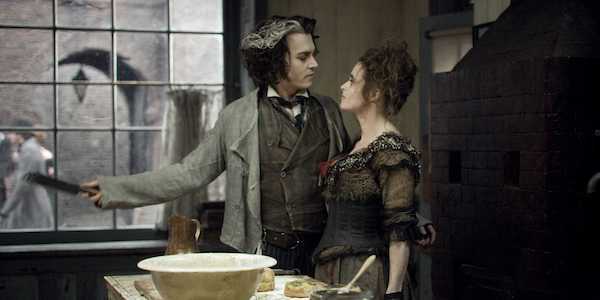
Some of the adaptations that commit the most fully (and the most successfully) end up delightfully campy. Sweeney Todd (2007) leans into a dark, gritty style that is nevertheless untied from realism. It doesn’t try to mimic its theater counterparts but instead turns to film language with its source material. This turns it into a production wholly unique from the original show, and enjoyable in a totally different way.
Little Shop of Horrors (1986) is another classic film musical with a powerful commitment to theme and setting. It doesn’t have the compulsion to stay down-to-earth, and it goes all out for its campy musical numbers. Its charming actors aren’t all from theater, but they sing well and the theater-style comes through. Even 2007’s Hairspray “works” as a musical adaptation by committing to camp and forgoing forced realism. The end product is a peppy musical movie with a style different than yet reminiscent of the original.
A Good Movie Musical
What good movie musicals have in common is a trust in their audience to suspend disbelief and a strong commitment to their themes and stylization. They choose themes that work, likely because directors and producers understand the original musical. Their actors are talented, and whether or not they come from the stage, they’re often trained to sing a particular style of music.
With confidence and true respect for the stage, movie adaptations of musicals can be a fantastic method of bringing live theater to a larger audience. Delicate cinematography of a real stage performance can create a feeling of being in an audience, while more dramatic results can be achieved with a stylized production that uses the nuances of film to translate themes from stage to screen. But whichever method directors and producers choose, it’s clear that when they love the original, they can succeed.
What’s your favorite musical adaptation? Do you have any adaptation pet peeves? Let us know in the comments!
Does content like this matter to you?
Become a Member and support film journalism. Unlock access to all of Film Inquiry`s great articles. Join a community of like-minded readers who are passionate about cinema – get access to our private members Network, give back to independent filmmakers, and more.
Join now!

